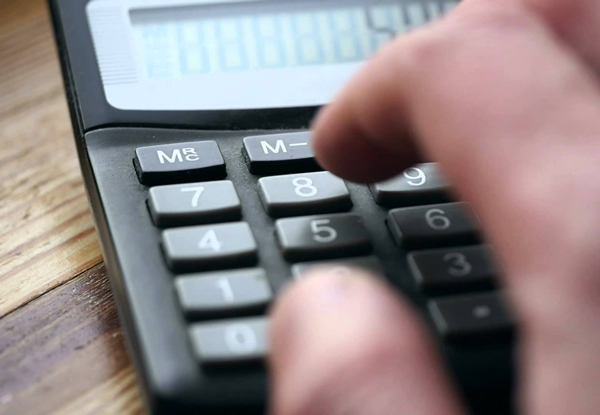Debt advice centre
Bramley Manor
Bramley Manor
Debt advice centre
0208 123 8683
0208 123 8683

Whilst DRO’s do offer valuable breathing space, certain debts must still be paid, even when a DRO is in place. These include:
Any debts you incur after the DRO is granted
Mortgage payments, rent and all regular bills must still be paid as well.
There are restrictions regarding your financial activity under a DRO, as well as certain rules regarding how soon you would be able to apply for one in the future.
However, some important things worth noting about DRO’s include:
Applying for a DRO must be done through an authorised debt adviser (known as an ‘approved intermediary’). They will make the application on your behalf to an officer (known as an official receiver) of the bankruptcy court.